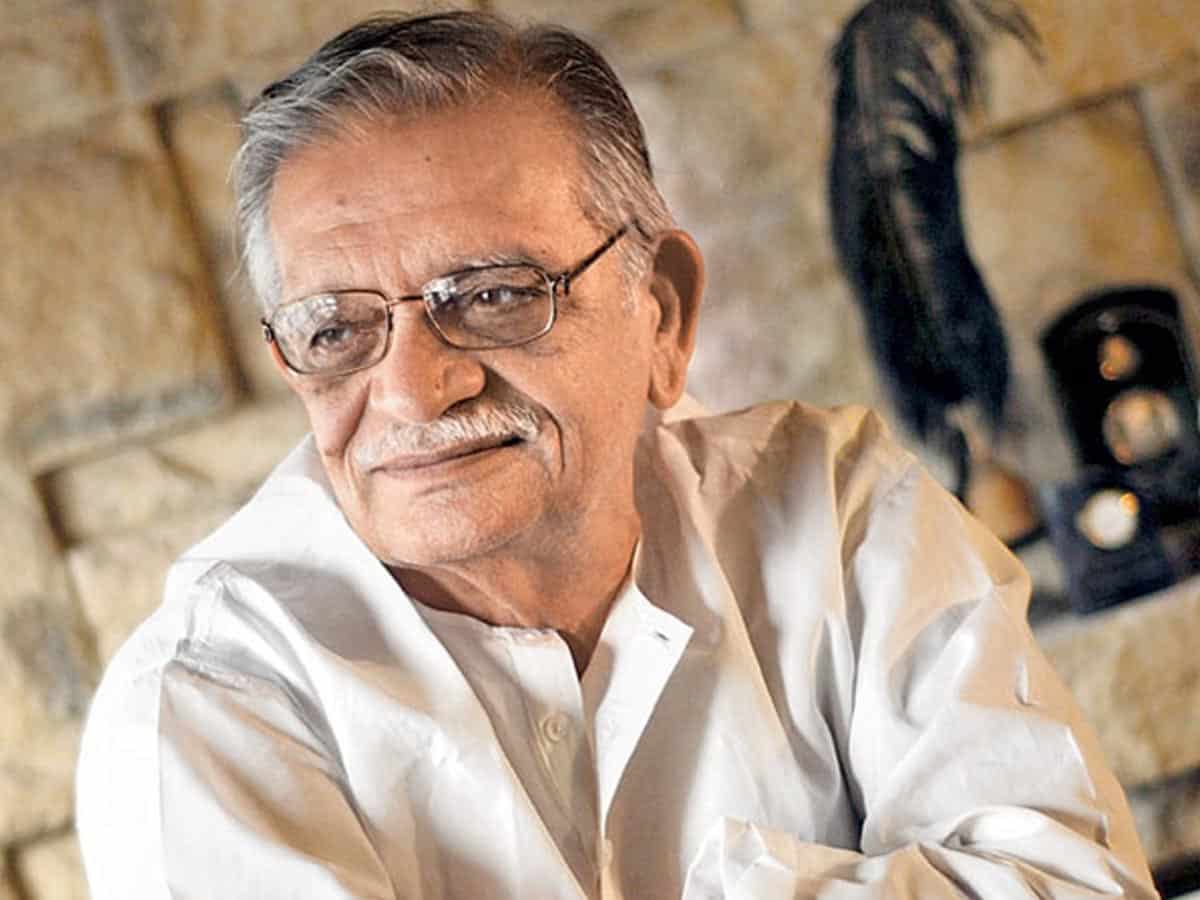
There was a time when film songs were written by immensely talented poets. They wove exquisite tapestries with their words and the listeners were left in raptures. But now the nature of the songs have changed. The romance, beauty and poetry have gone and there are very few writers who can weave that magic nowadays. One man who has kept the tradition going is Gulzar, or to give him his real name, Sampooran Singh Kalra.
On August 18, he celebrated his 88th birthday by visiting his birthplace which is a town named Dina that lies in the Jhelum district of Punjab in Pakistan. It is one of the oldest towns in the entire region and is famous as a land that has produced valiant soldiers. Due to this, the region is also referred to as the land of martyrs. It was in this town that Gulzar was born 88 years ago.
But along with men who could wield the sword, the land also produced men who could use the pen skillfully. About his birthplace, Gulzar has written: Zikr Jhelum ka, baat ho Dine ki. Chand Pukhraj ka, raat Pashmine ki.
Till the age of eight, Gulzar (then known as Sampooran Singh) lived and went to school here. It was in this town that his father Sardar Makhan Singh Kalra had a textile business. Right from that tender age, Gulzar was attracted to poetry. Back then India was still under the British yoke and fiery revolutionary poets and writers were in vogue. But Gulzar was attracted to the sobriety of Rabindranath Tagore. The Bengali poet’s works left a lasting impression on the mind of the young lad.
Now, as a highly successful writer and film personality, he wanted to revisit the old haunts of his childhood and made a trip to his birthplace again. Accompanying him was his friend Vishal Bhardwaj who is also a multi-talented man whose films such as Maqbool, Omkara and Haider have struck a chord in the hearts of many Indians. Together the two of them ate bhutta (corn) on the roadsides and struck up conversations with the street vendors.
Without any difficulty, Gulzar found his way to the railway station and sat down on a bench at the same platform where he used to sit and await his father’s arrival seven decades ago. Many thoughts and memories of his childhood must have come flooding into his mind. Before Gulzar’s family left Pakistan and came to India, they had a tenant who used to pay rent to Gulzar’s father. That family still lives in that house. The poet met the then tenant and so many stories of the past were told and retold. For Gulzar it was a trip back in time.
It was after the partition of India that the teenager landed up in Bombay (now Mumbai) and took up various jobs to support himself. He could paint well and his painting ability gave him a job at a motor car garage where his task was to repaint cars that had been repaired. But he never gave up on his first love, namely writing poetry. He took the name of Gulzar Deenvi and later modified it to just Gulzar.
The imagery that he can create with his words and his expressions are sometimes symbolic, sometimes soothing and sometimes rousing. It is the hallmark of any great poet that he or she should be able to create ambiance specific to the situation and mood depending upon the situation. In this respect Gulzar can be ranked with the best.
His daughter Meghna Gulzar has written a book titled The Poet as the Father in which she has portrayed an interesting image of Gulzar. According to the book, Gulzar is at heart a loner despite coming from a large family. Like many poets and writers he spends a lot of time thinking about many issues of life. She has written that every year Gulzar would write a story book, especially for her and gift it on her birthday. This continued for many years till she became an adult.
He is an extraordinarily sensitive man who is deeply moved by acts of violence. The amount of sympathy he feels for his fellow humans is beyond words. When Meena Kumari was ill and was unable to keep Roza, Gulzar fasted every day on her behalf. The communal carnage of partition scarred his mind irrevocably. These recollections as well as the disturbances in Punjab during the Khalistan movement went into the making of the film Maachis in 1996.
Incidentally in this film, Tabu won her first Best Actress National Award for portrayal of Virendar Kaur. Also, the song Chhod Aaye Hum was the first Hindi film song that was sung by the singer KK who passed away recently.
Now as Gulzar is entering his 89th year, film fans, poetry lovers and music lovers, all will undoubtedly wish him many years of happiness and success. May he live long and continue to fill our lives with beautiful poetry and soothing words in troubled times.



